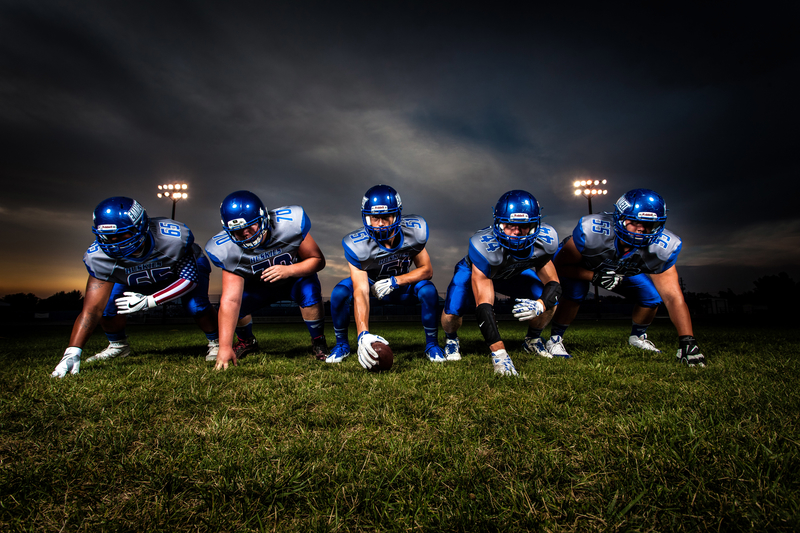Oct 26, 2018Procedural Failure

Medically, the Bowling Green State University sports medicine staff did everything right when redshirt sophomore starting center Caleb Bright suffered heat stroke during a game at Georgia Tech Sept. 29. In fact, administrators and Bright’s parents are saying that he might not be alive today if not for their excellent care. So how did the situation lead to disappointment, anger, high-level staff meetings, and a comprehensive reevaluation of protocols?
According to The Blade, the school’s sports medicine staff left out one key ingredient while providing care — they forgot to adequately support Bright and his family emotionally regarding his hospital stay. After the game, the staff realized that Bright was in trouble when he began showing signs of heat distress. They correctly identified the problem, got him into an ice bath, and had him transported by ambulance to the hospital. However, once athletic trainers and coaches established that Bright was being cared for by hospital staff, they left the hospital and headed back to Bowling Green. Bright and his parents, who had been visiting for the game, were left alone to deal with the rest of the situation.
Not having at least one member of the football staff present to support their son through his 24-hour hospital stay did not feel acceptable to Scott Bright, Caleb’s father.
“As parents, we were very frustrated on how this situation was handled,” he said. “We wanted to make sure there are policies and procedures in place so another family doesn’t have to go through what we went through.”
In the week after the incident, Scott Bright brought his concerns to Bowling Green, asking to meet with senior administrators to talk about what had happened. Bowling Green agreed and called a meeting with the parents, athletic department heads, the school’s team physician, and the president of the university.
As a result of the meeting, university officials unanimously and publicly agreed that their staff dropped the ball during the incident.
“In hindsight, we recognize the protocols fall short in the human element in our own expectations of providing a great student-athlete experience,” said Bob Moosbrugger, Athletic Director at Bowling Green. “We could have provided more support for Caleb and his family at that time.”
In response, the school is reevaluating its policies and procedures for incidents when student-athletes are hospitalized and will make changes.
“Discussions are ongoing about updating our protocol,” Moosbrugger said. “In the future, we would consider, if the student-athlete cannot return home with the team, a full-time member of the athletic training staff, administration, or coaching staff will remain behind to support the student-athlete and their family.
“In hindsight, we’ve taken a look at it, we’ve talked about it a lot, and definitely feel that we can improve on making that support that the player and the parents want and need,” he added.



